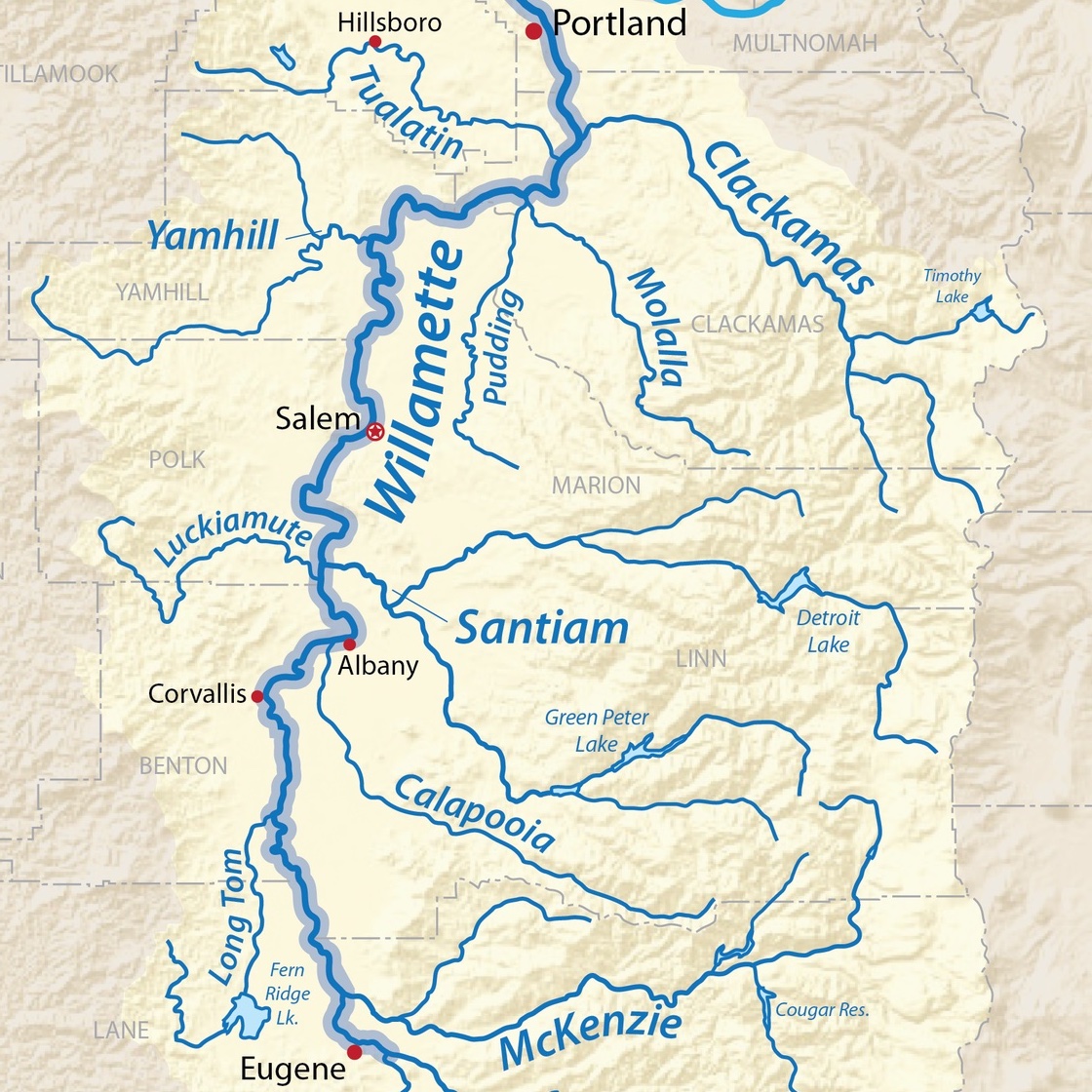Riverkeepers
Riverkeeper Organizations in the North Willamette Valley
Overview
Riverkeeper organizations are nonprofit environmental groups dedicated to protecting and preserving river ecosystems through advocacy, monitoring, legal action, and community engagement. These organizations work to safeguard water quality, protect wildlife, and ensure the health of river environments through comprehensive conservation efforts.
Mission and Core Principles
Riverkeeper organizations are committed to:
- Protecting river ecosystems
- Monitoring water quality
- Advocating for environmental regulations
- Promoting community awareness
- Holding polluters accountable
- Preserving biodiversity
- Supporting sustainable river management
Key Functions
Environmental Monitoring
- Regular water quality testing
- Ecological health assessments
- Pollution tracking
- Wildlife population monitoring
- Habitat condition surveys
Legal Advocacy
- Environmental law enforcement
- Challenging harmful industrial practices
- Protecting water resources through legal mechanisms
- Representing community environmental interests
- Pursuing legal actions against polluters
Community Engagement
- Public education programs
- Volunteer water quality monitoring
- Community science initiatives
- Environmental workshops
- River cleanup events
Conservation Efforts
- Habitat restoration projects
- Native species protection
- Invasive species management
- Watershed conservation
- Sustainable river management strategies
Funding and Support
Riverkeeper organizations are typically supported through:
- Individual donations
- Membership programs
- Grant funding
- Corporate sponsorships
- Fundraising events
- Foundation support
Getting Involved
Community members can support Riverkeeper organizations by:
- Becoming a member
- Participating in volunteer programs
- Attending community meetings
- Supporting fundraising efforts
- Participating in citizen science initiatives
- Spreading environmental awareness
Legal and Regulatory Framework
Riverkeeper organizations often work within:
- Clean Water Act regulations
- State environmental protection laws
- Federal environmental guidelines
- Local watershed management policies
Educational Outreach
Key educational focus areas include:
- Water quality awareness
- Ecosystem conservation
- Sustainable environmental practices
- Local river ecology
- Human impact on river systems
Importance
Riverkeeper organizations are crucial for:
- Protecting water resources
- Maintaining ecological balance
- Advocating for environmental justice
- Promoting sustainable river management
- Preserving biodiversity
- Ensuring public health and safety
Collaborative Partnerships
These organizations collaborate with:
- Local governments
- Environmental agencies
- Academic institutions
- Community groups
- Native tribal organizations
- Other environmental nonprofits
